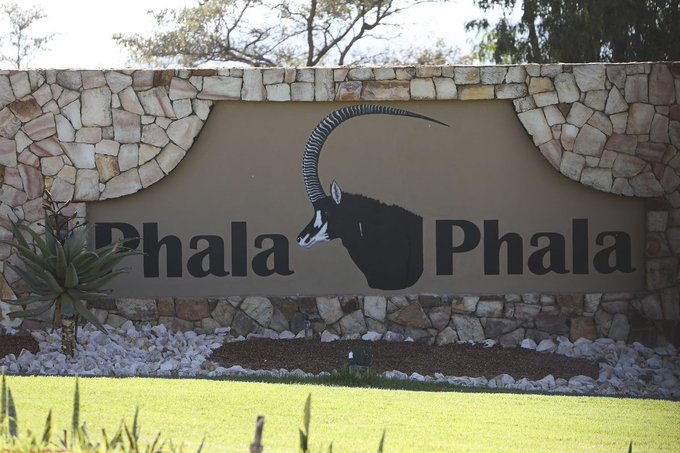Police Minister Senzo Mchunu has confirmed that the Independent Police Investigative Directorate (IPID) report into the controversial Phala Phala saga has been classified as top secret and will not be made public.
The investigation focused on the conduct of VIP police officers assigned to President Cyril Ramaphosa, who were allegedly involved in a secretive operation to track down stolen US dollars linked to the 2020 burglary at the president’s Limpopo farm. The secrecy surrounding the report has fueled speculation, with opposition parties demanding transparency.
The IPID Investigation
IPID launched the probe to determine whether the presidential protection unit officers had acted unlawfully when they reportedly embarked on an unauthorized cross-border mission to Namibia in search of the stolen money. The burglary at Phala Phala farm has been a politically charged issue, with critics questioning the handling of the crime and the role of law enforcement in its aftermath.
Mchunu responded to a parliamentary question from African Transformation Movement (ATM) leader Vuyo Zungula, who accused the government of suppressing the report. However, the minister dismissed the claim, stating that it was disingenuous to suggest that he was withholding information for political reasons.
“The report has been classified in accordance with the relevant security protocols,” Mchunu said. “There are established procedures for handling sensitive investigations, and this report falls under that category.”
Why the Report Won’t Be Released
The decision to classify the IPID report has sparked concerns about transparency and accountability, particularly since the Phala Phala scandal has been under public scrutiny for nearly four years. The burglary, which allegedly involved the theft of large sums of undeclared foreign currency, led to accusations of misconduct against the president and his security detail.
Mchunu defended the decision to keep the findings confidential, emphasizing that certain investigations involve classified intelligence and sensitive law enforcement operations.
“There are matters of national security that cannot be disclosed publicly,” he stated. “The information contained in the report relates to internal police operations, and as such, it has been classified under security regulations.”
While Mchunu did not rule out the possibility of some aspects of the report being shared in the future, he maintained that the full document will remain inaccessible to the public.
Opposition and Public Outcry
The secrecy surrounding the report has intensified calls from opposition parties and civil society groups for greater transparency. Many argue that the classification raises more questions than answers, particularly given the political implications of the Phala Phala scandal.
Zungula, who posed the initial parliamentary question, accused the government of protecting the president and his inner circle.
“If there is nothing to hide, then the report should be released to the public,” he said. “The people of South Africa deserve to know whether the law was broken by those meant to uphold it.”
Other opposition leaders, including the Economic Freedom Fighters (EFF) and the Democratic Alliance (DA), have echoed similar sentiments, calling for full disclosure of the investigation’s findings.
DA shadow minister of police Andrew Whitfield argued that classifying the report does not serve the interests of democracy.
“The South African public has a right to know whether our law enforcement agencies acted lawfully or not. Hiding behind secrecy only fuels suspicion and undermines trust in the police,” Whitfield stated.
The Bigger Picture
The Phala Phala burglary remains one of the most contentious issues in Ramaphosa’s presidency, with critics accusing him of failing to report the theft through proper legal channels. Instead, allegations suggest that his security detail conducted a covert operation to recover the stolen money, raising concerns about abuse of power.
The classification of the IPID report adds another layer of mystery and controversy to the case, leaving many wondering if the full truth will ever come to light.
For now, the public is left in the dark, with no clear indication of whether the findings will ever be declassified or if those implicated will be held accountable.

